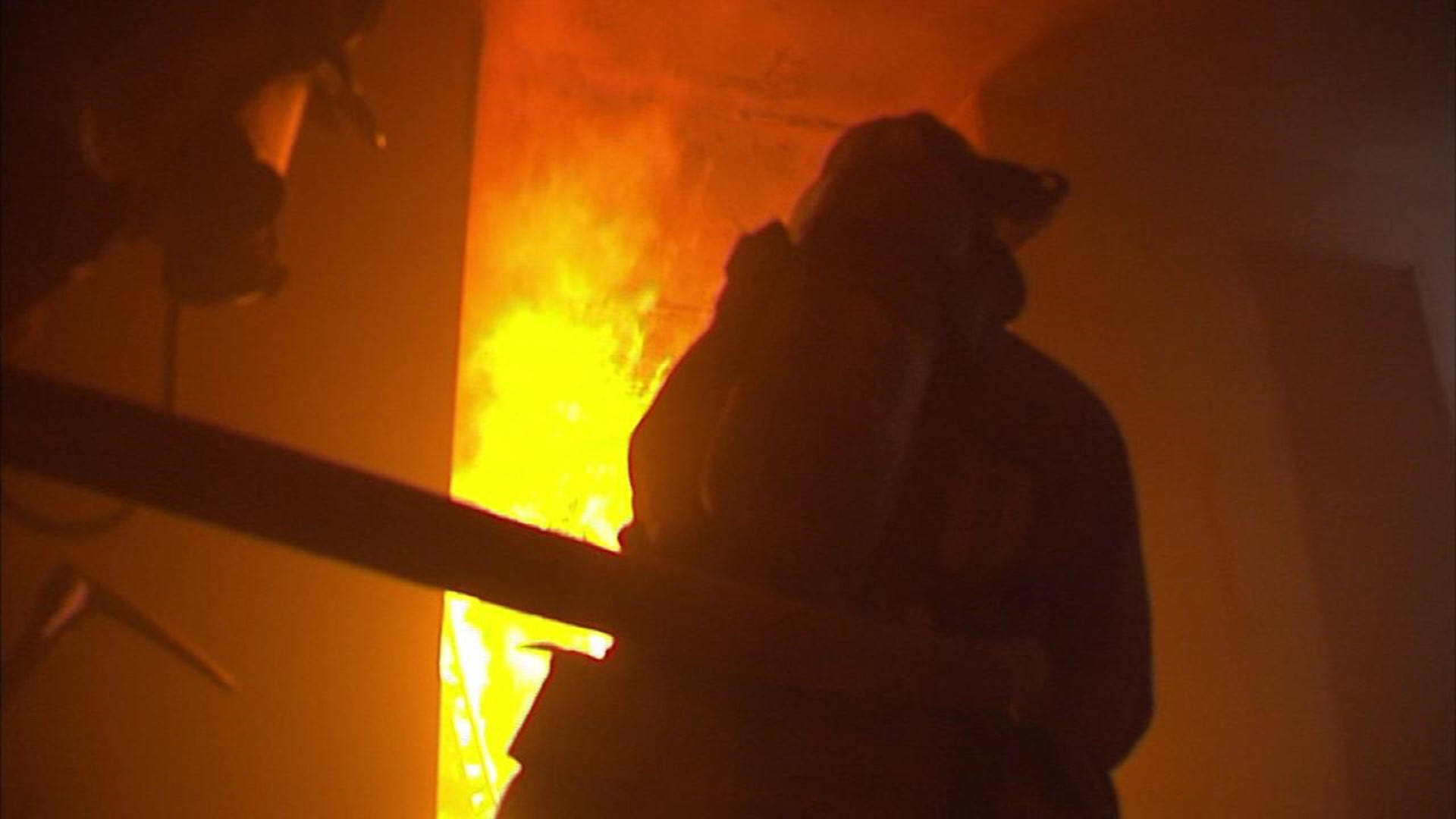Firefighters bet their lives each time they enter a burning building. But the odds may be much worse than we thought.
For the first time, the Columbus Firefighters Union is taking a look, and finds they are getting cancer seven times more often than the rest of us.
Almost 16,000 times last year, Columbus firefighters answered a call. Now, we're learning the true cost. Long after the fire is out, it may try to quench the lives of the men who quenched its flames.
New numbers show Columbus firefighters are being diagnosed with cancers that the union president believes comes from the chemical-laden soot they encounter. In a 12-month period, 53 firefighters were diagnosed with cancer. The most common was skin cancer.
"Our firefighters are getting cancer at a much younger age and certainly earlier in their careers, and really they are very serious cancers that have little treatment options," Jack Reall, President of Firefighters Union Local 67.
He requested a study that looked at information from the firefighters' health insurance company as well as the Bureau of Workers' Compensation.
"About a year and a half ago we started to notice younger members, active members, getting cancer. And really serious cancers," said Reall.
Mark Rine knows about this firsthand. Two years ago, the father of five worked at Station 8 at Long and Champion, both as a paramedic and as a firefighter. Now he stores his gear in the garage of his Granville home, and stays home while his wife works. Shortly after their two-year-old daughter was born, he was diagnosed with stage four melanoma.
"I was healthy. I didn't feel anything. I thought everything was fine," he said.
His wife, a nurse, noticed a mole on his back that concerned her. So Rine went to his doctor. That mole was fine.
"As soon as I took my shirt off, he found two other spots. He knew right away what it was," Rine said.
He started treatment, but last summer the cancer spread to his spine. There was no cancer in his family so the diagnosis stunned him; until he thought about it.
"It makes sense. Going into the environments (that) we do, at the heat levels we do, with the way our skins reacts to heat. Our pores open up and we absorb all the soot, the carcinogens, the chemicals. The newer homes, you deal with all this pre-fabricated stuff; the glues, the solvents, and then of course, the materials that they use."
Reall wants the General Assembly to change the law, so firefighters' cancer will be treated like some other diseases.
"If we develop heart disease or lung disease after we start with the fire department, it's presumed to be work related. Cancer's not that way," he explained.
Reall said 25 other states have made that change, so firefighters can get workers compensation so families can get survivors' benefits.
"A firefighter with three young kids develops cancer 10, 12, 13 years after he gets on the fire department. And he may have little to no benefits for his family when he's gone."
Rine says inside a fire, with sooty smoke, it's densely black.
"Firefighting is not for the claustrophobic. Most of the time you're seeing with your mind, not with your eyes," Rine said. "It's like walking through someone's house with the lights turned off and you've never been there before."
Now he's dealing with another kind of darkness, one he didn't expect.
"You deal with tragedy all the time. You're just not used to dealing with your own tragedy," he said.
Rine said his experience has convinced his professional brothers at Station 8 to change the way they work.
"My family over there, they've already started washing gear more often, changing their hoods more often, carrying around baby wipes to wipe the soot off of them as soon as they come in contact with it," he explained.
He now travels to speak to other firefighters, as well as cancer patients, to encourage them to keep their spirits up.
Reall expects more details in a full report at a later date. He said now that he knows the risk Columbus firefighters face, he'll seek a change in state law to declare cancer a work-related illness for firefighters.

